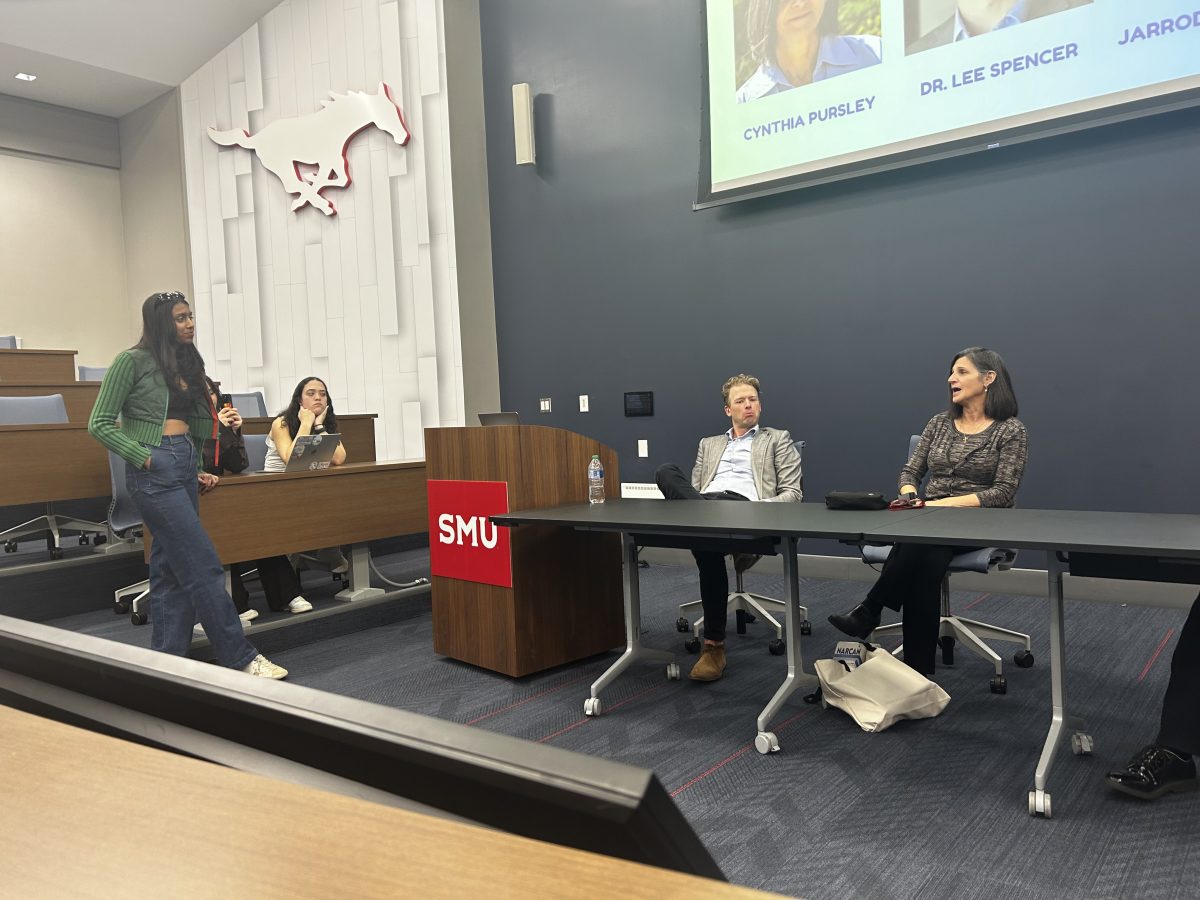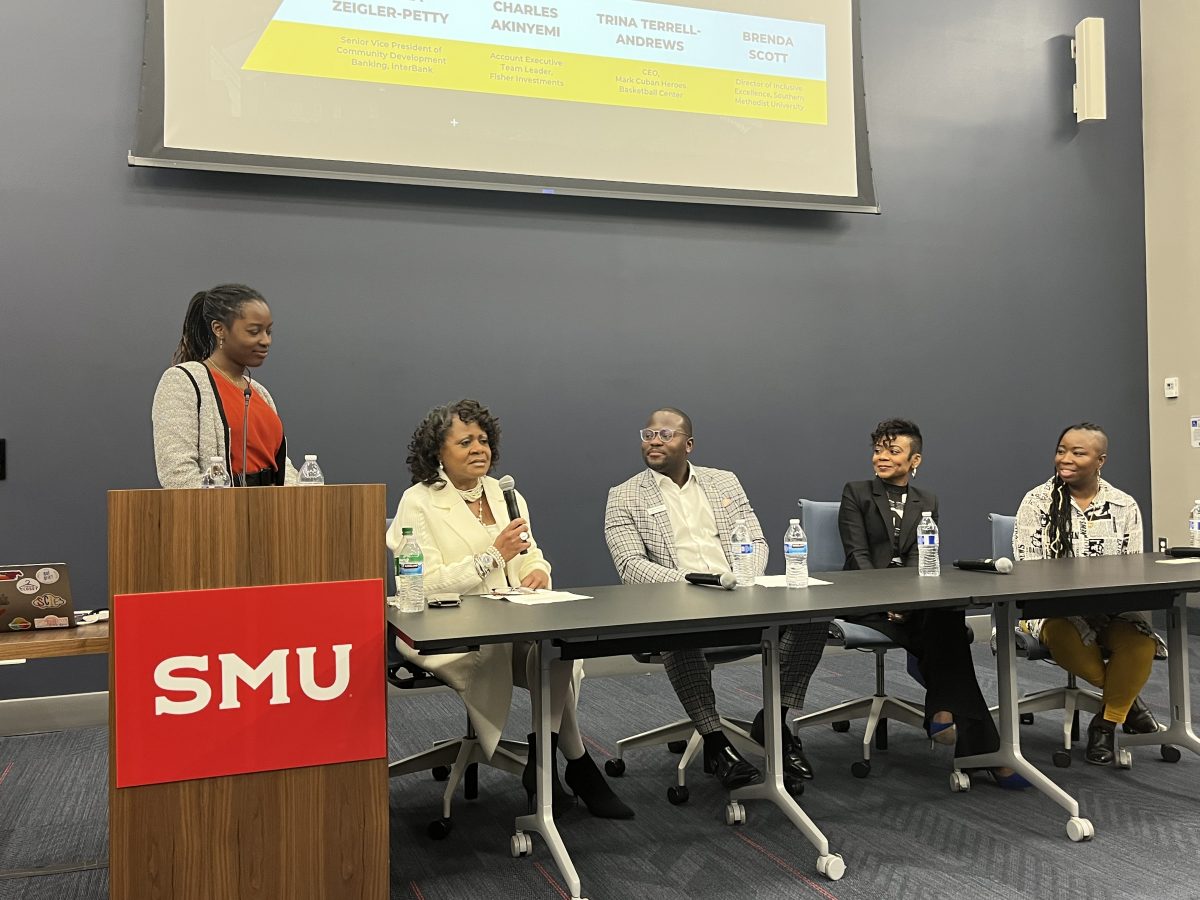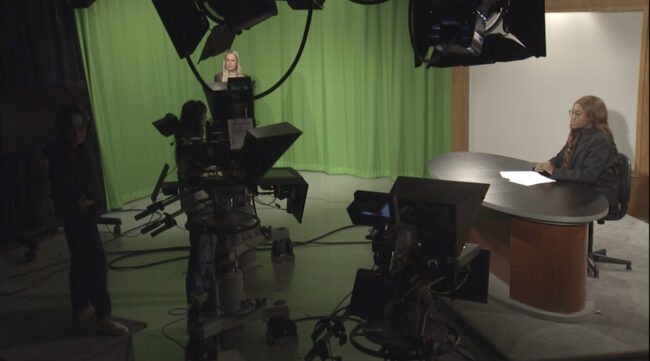Over the weekend, I got a new iPhone 4S. It replaced my old, lumbering, but well loved iPhone 3G. One of my first encounters with my new phone involved Siri, Apple’s new feature that reads your voice and acts as a personal assistant. You can ask Siri to make reminders for you, check the weather, write notes, and search the internet.
I noticed that nearly instantly, Siri became a “she,” not an “it.” I instinctively and unnecessarily thanked her after asking her to remind me to write this opinion. She naturally responded, “Just doing my job.” Siri has quickly implemented herself into my life, and I feel a somewhat personal attachment to her.
In a similar fashion, I think that my old iPhone changed the way I live. When I transferred all of my data from my old device onto my new one, I decided to restore my old iPhone to its factory defaults, removing all of the information that I had on it previously.
Much to my surprise, it took a lot of courage and thought to press the button that authorized this desecration of years of information. I realized that for three years, I had used that phone everyday. There aren’t that many voluntary things that you do everyday for three years.
My phone contained my entire calendar for those years. Within weeks, I began recording every event, appointment and rehearsal on my phone’s calendar. On that device, I spoke to people that I love and found out that my grandfather passed away. I made friends and coordinated social outings. It also connected me to employers and my school through email.
The fact that I took the time to erase everything from my phone (and that it took some thinking) shows that it took on a personal role in my life. My texts, for example, are very private. If someone read them, I would feel violated. As I erased the data, I felt like I was stealing the memories from something that I loved and used frequently for three years.
I know I am not alone in my reliance on my iPhone. Plenty of my fellow students use their smartphones to keep their schedules, social lives and school events in order. We also tend to use our phones to find information quickly, for better or worse.
A recent study by Betsy Sparrow, a psychologist at Columbia University, found that the post-Google lifestyle is different. She discovered that we are more likely to forget information if we know we can access it easily again. She also found that when asked trivia questions, people generally think about how to search for information on the internet rather than considering the question itself.
My reliance on my iPhone might be a little over the top. I do use it for work, school and my social life, and without it, I would most certainly forget about things. However the fact is, in today’s post-Google and post-smartphone age, we do have access to a vast amount of information almost instantly. We should accept the changes in technology and embrace the benefits. If it changes the way we retain information, then so be it. After all, we can always ask Siri to search things for us.
Paul is the Opinion Editor. He is a junior majoring in voice performance.
This video was shot and edited by Meredith Carlton, [email protected].




















